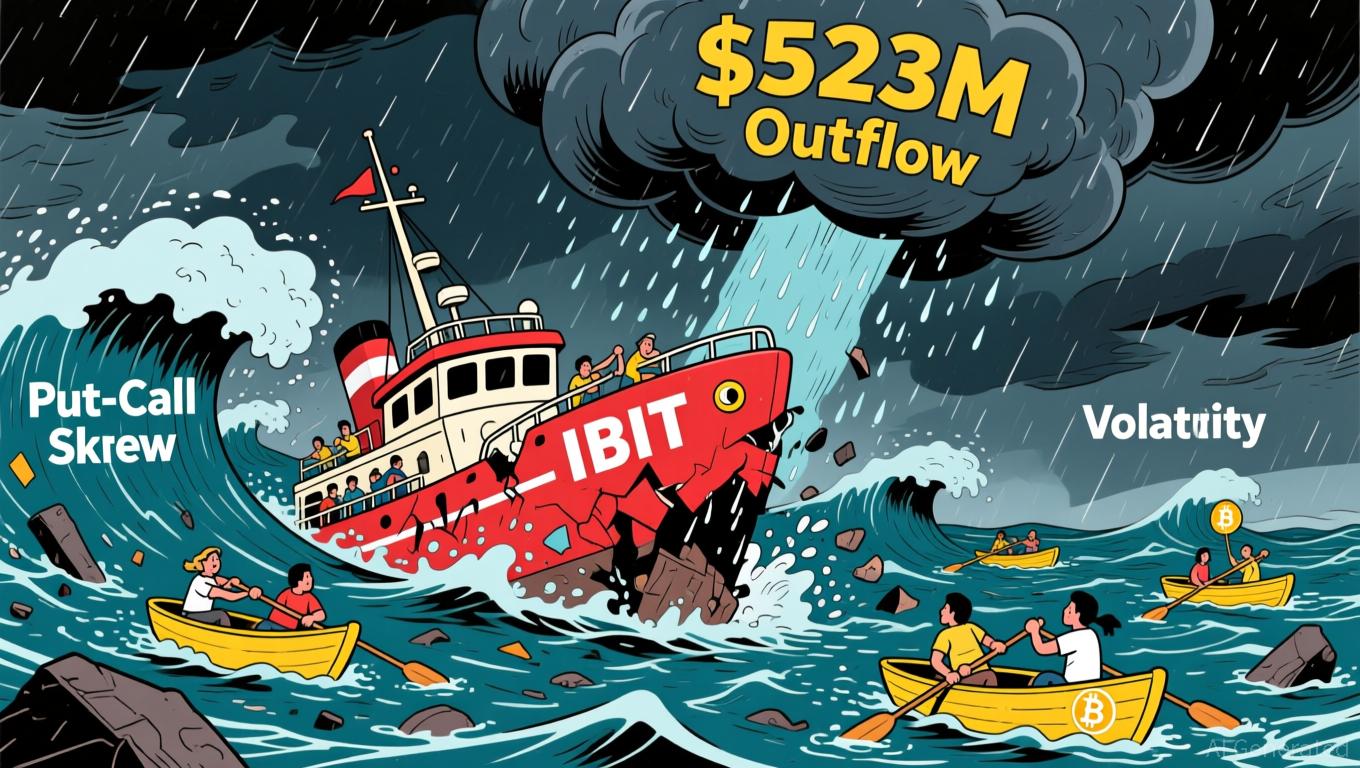PancakeSwap hack: the official PancakeSwap X account was compromised to promote a fake meme token, but the CAKE token price remained mostly stable. Security experts attribute the breach to phishing, weak account controls, and rising AI-enabled fraud techniques; immediate user vigilance and stronger 2FA are advised.
-
Official X account compromised to promote a fraudulent “Mr. Pancake” token
-
CAKE traded up 6.4% in 24 hours, peaking at $4.50 then cooling to $4.30 (CoinGecko data)
-
Experts report a 60% increase in AI-related phishing incidents; prevention: 2FA, hardware keys, and stricter internal controls
PancakeSwap hack: official X account breach left CAKE largely stable—read expert security steps to avoid scams and protect social accounts. Act now to secure logins.
What happened in the PancakeSwap hack?
PancakeSwap hack refers to the compromise of the platform’s official Chinese X (formerly Twitter) account, used to promote a fraudulent meme coin called “Mr. Pancake.” Platform updates say the team is working with X to resolve the issue and warned users not to click any links from the compromised account.
Despite the breach, CAKE’s price was largely unaffected, rising 6.4% over 24 hours before settling near $4.30, per CoinGecko data. The incident highlights persistent social-media security gaps across major crypto projects.
How did attackers gain access and what tactics were used?
Security experts attribute the compromise to phishing and weak operational security among account controllers. Shān Zhang, CISO at Slowmist, noted that many social media controllers lack strong credential hygiene and fall prey to targeted phishing.
Kerberus CEO Alex Katz added that human factors remain the primary vulnerability, while AMLBot CEO Slava Demchuk reported a 60% year-over-year rise in incidents using AI-enabled phishing and deepfake tools.
Why did CAKE remain stable after the breach?
Market resilience likely reflects investor confidence in PancakeSwap’s core product and limited on-chain impact. The social media breach pushed fraudulent promotions but did not directly affect CAKE smart contracts or liquidity pools, reducing immediate sell pressure.
What should platforms do to prevent similar attacks?
Experts recommend multi-layered security: enforce 2FA via authenticator apps or hardware keys, restrict account access to vetted personnel, implement role-based permissions, and run regular phishing awareness training for staff.
Frequently Asked Questions
Is CAKE token safe after the PancakeSwap X account breach?
CAKE’s smart contract and on-chain mechanics were not compromised. The incident was a social media account takeover; investors should verify official announcements and avoid links sent from the compromised account.
How can users avoid falling for similar crypto social media scams?
Do not click unsolicited links, check official channels for confirmations, enable strong 2FA, use unique passwords, and prefer hardware security keys over SMS-based authentication.
How to secure crypto project social accounts?
Implement the following steps to reduce the risk of account takeover:
- Enable strong 2FA: use authenticator apps or hardware keys, not SMS-based 2FA.
- Use unique, complex passwords: enforce a password manager and rotation policies.
- Limit access: apply role-based permissions and least-privilege access for account managers.
- Employee training: run mandatory phishing simulations and security awareness programs.
- Incident playbook: maintain a rapid-response plan and clear public messaging protocols.
Key Takeaways
- Social account breaches are social, not on-chain: the PancakeSwap X compromise promoted a fake token but did not affect CAKE smart contracts.
- Human factors drive risk: phishing and weak credential practices remain the main attack vectors.
- Defenses are known and actionable: enforce 2FA (avoiding SMS), use hardware keys, restrict access, and train staff.
Conclusion
The PancakeSwap hack underscores that centralized social channels are a major security blind spot for crypto projects. Strengthening operational controls and user vigilance can prevent fraud spread. COINOTAG will monitor updates and publish verified guidance as the situation develops.
Published: 2025-10-08 | Updated: 2025-10-08 | Author/Organization: COINOTAG



